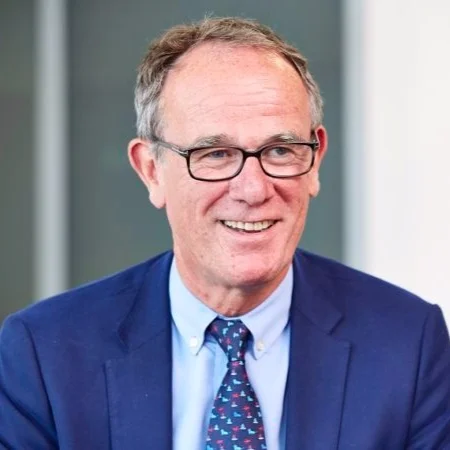Recent Forum: Kangs Solicitors
On 11 June 2019 we were privileged to be hosted by Kangs Solicitors, specialists in criminal, regulatory and sports law, at their offices in the Grade II Listed Tudor Gothic style building of Carmelite Chambers. We absorbed the wisdom of our speakers in an oak panelled library whose arched windows framed a tranquil Thames.
Andrew Chamberlain is the Deputy Director of Policy and External Affairs at the Association of Independent Professionals and the Self Employed (IPSE). He highlighted the quiet revolution in the way we work.
Since 2001 the number of people in self-employment has risen by over 50%, so that now 15% of all those in work are self-employed. Self-employment has grown amongst mothers returning to work, retirees and disabled workers, who value the flexibility that it brings.
But the Government is worried. Why so? Surely self-employment has amply contributed to economic growth and falling unemployment?
One reason is that National Insurance (NI) revenues are higher from the employed than the self-employed. HMRC does not pick up an employer’s NI contribution of 13.8% on self-employed workers, added to which an employee’s NI contribution of circa. 12% is lower at circa. 9% for the self-employed. Through PAYE, HMRC uses the employer to collect and account for income tax on behalf of its employees, and on a monthly basis to boot. But HMRC generally has to wait longer to collect tax from the self-employed and this may also tie up a higher level of its resource.
It is now compulsory for employers to automatically enrol eligible workers into a pension scheme, and furthermore pay money into such scheme. However,according to a report published by IPSE,less than a third of the UK’s 4.8m self-employed workers are paying into a pension, although 67% said they are concerned about saving for later life.
Other employee benefits such as sick pay, holiday pay and training available from employers to employees, do not extend to self-employed contractors. In industries such as construction, which accounts for 20% of the total UK self-employed, it is increasingly important that workers have digital skills, so training provision for the self-employed is of particular concern to Government.
Andrew’s high octane canter through the issues that face his members highlighted that although self-employment is good for individuals and the economy it poses challenges for Government policymakers.
The Right Honourable Lord Teverson is a Liberal Democrat politician, whose main focus in the Chamber is climate change and energy issues. As part of this work he has chaired both the House of Lords EU select sub-committee on External Affairs, and its ad-hoc select committee on the Arctic. He chose, however, to outline the workings of the EU Parliament, for us.
Has the UK really been sending MEP’s to Brussels (Strasbourg, Luxembourg?) for 40 years? Apparently so. In 1979 there were only 198 MEP’s, and now….. there are 751 – third in number only to the Chinese National Assembly, and the House of Lords!
Formerly a member of the SDP, Robin Teverson (as he then was) worked for 18 years in the freight industry, involved in regional distribution for large supermarkets before being elected MEP for Cornwall and West Plymouth, in 1994. Then, he was one of the first two Liberal Democrats to win seats in the EU Parliament. But in 1999, the UK adopted proportional representation for EU elections (over first past the post) and, being the second choice candidate for the Liberal Democrats, he lost out in the enlarged South West constituency. Not a lot of people know that five years later the South West constituency was expanded to include ……..Gibraltar! Makes sense? Had that been done earlier it might just have made the difference for him!
Lord Teverson likened the EU Parliament to the House of Commons (both elected) and the EU Commission to the House of Lords (both unelected) – which surely is where any similarity ends – and went on to explain that once elected, MEP’s sit and generally vote within larger political party groupings. The largest of these are the European People’s Party, Progressive Alliance of Socialists and Democrats, and the Alliance of Liberals and Democrats. In addition there are a number of Green, far right and left groupings. MEP’s are not whipped by these groupings but do not vote along national lines.
He looks forward with interest to see whether change in the membership of these groupings, following the recent EU elections will change attitudes. He conceded that the EU Parliament needs some reforms and that it is “bureaucracy heavy”. However, for all its failings it is a preferable mechanism for settling political issues to that of going to war. Hard to disagree, but one can’t help wondering how many decades will pass as such “failings” are recognised and resolved.


